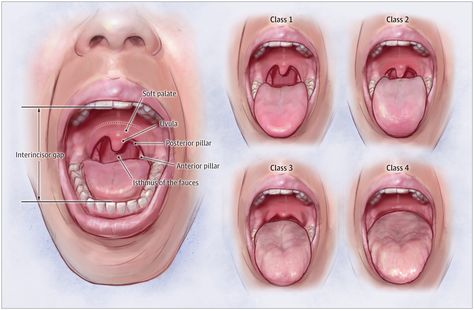
Obstructive Sleep Apnea (OSA) is a common but often underdiagnosed sleep disorder that can significantly impact one's health and quality of life. While loud snoring and daytime sleepiness are well-known symptoms, many signs of OSA are more subtle and easily overlooked. Recognizing these hidden signs is crucial for early diagnosis and effective treatment. This blog post will delve into the lesser-known indicators of OSA and why it's essential to address this sleep disorder promptly.
What is Obstructive Sleep Apnea (OSA)?
OSA occurs when the muscles at the back of the throat relax excessively during sleep, causing partial or complete blockage of the airway. This leads to interrupted breathing, fragmented sleep, and reduced oxygen levels in the blood. Untreated OSA can result in a range of health issues, including cardiovascular disease, diabetes, and cognitive impairments.
Hidden Signs of OSA
Morning Headaches:
Cause: Frequent interruptions in breathing during sleep can lead to fluctuating oxygen levels, causing blood vessels to dilate and resulting in headaches.
Indicator: If you regularly wake up with headaches, it could be a sign of OSA.
Nighttime Sweating:
Cause: The body works harder to restore normal breathing during apneic events, leading to increased perspiration.
Indicator: Excessive sweating at night, particularly if your room is cool, may indicate OSA.
Frequent Nighttime Urination (Nocturia):
Cause: OSA can trigger the production of a hormone called atrial natriuretic peptide, which increases urine production.
Indicator: If you wake up multiple times during the night to urinate, it could be linked to OSA rather than just an overactive bladder.
Dry Mouth or Sore Throat:
Cause: Mouth breathing during sleep, often due to airway obstruction, can lead to dryness and irritation.
Indicator: Waking up with a dry mouth or sore throat regularly might be a sign of OSA.
Difficulty Concentrating and Memory Issues:
Cause: Sleep fragmentation affects cognitive function, including memory and concentration.
Indicator: Persistent issues with focus, memory lapses, or feeling mentally foggy can be related to disrupted sleep from OSA.
Mood Changes and Irritability:
Cause: Poor sleep quality and continuous sleep interruptions can significantly impact mood and emotional regulation.
Indicator: Experiencing increased irritability, anxiety, or depression without clear cause may be related to OSA.
Decreased Libido:
Cause: Hormonal imbalances and fatigue from poor sleep can reduce sexual desire and performance.
Indicator: A noticeable decline in libido could be associated with the impact of OSA on overall health.
Unexplained High Blood Pressure:
Cause: Frequent drops in blood oxygen levels can cause an increase in blood pressure.
Indicator: If you have high blood pressure that is difficult to control despite medication, OSA could be a contributing factor.
Why Early Detection and Treatment are Important
Preventing Health Complications:
Untreated OSA can lead to serious health problems, including heart disease, stroke, diabetes, and obesity. Early detection and treatment can mitigate these risks and improve long-term health outcomes.
Improving Quality of Life:
Effective treatment of OSA can enhance sleep quality, leading to increased energy levels, better mood, and improved cognitive function. Addressing OSA can also reduce the risk of accidents due to daytime sleepiness.
Protecting Relationships:
OSA not only affects the individual but also their bed partner, who may experience disrupted sleep due to loud snoring or restless movements. Treating OSA can improve sleep for both partners and reduce stress on relationships.
Conclusion
Obstructive Sleep Apnea is a serious condition with many hidden signs that can easily be overlooked. Morning headaches, nighttime sweating, frequent urination, dry mouth, concentration difficulties, mood changes, decreased libido, and unexplained high blood pressure are all potential indicators of OSA. Recognizing these symptoms and seeking medical advice is crucial for early diagnosis and effective treatment. By addressing OSA promptly, you can protect your health, improve your quality of life, and ensure better sleep for yourself and your loved ones. If you suspect you may have OSA, consult a healthcare professional to discuss your symptoms and explore diagnostic options.
If you or someone you love are continuing to have sleeping trouble, that may be a sign of an underlying problem. Please click the orange button below to take a free online sleep test and talk with one of our sleep health professionals.


